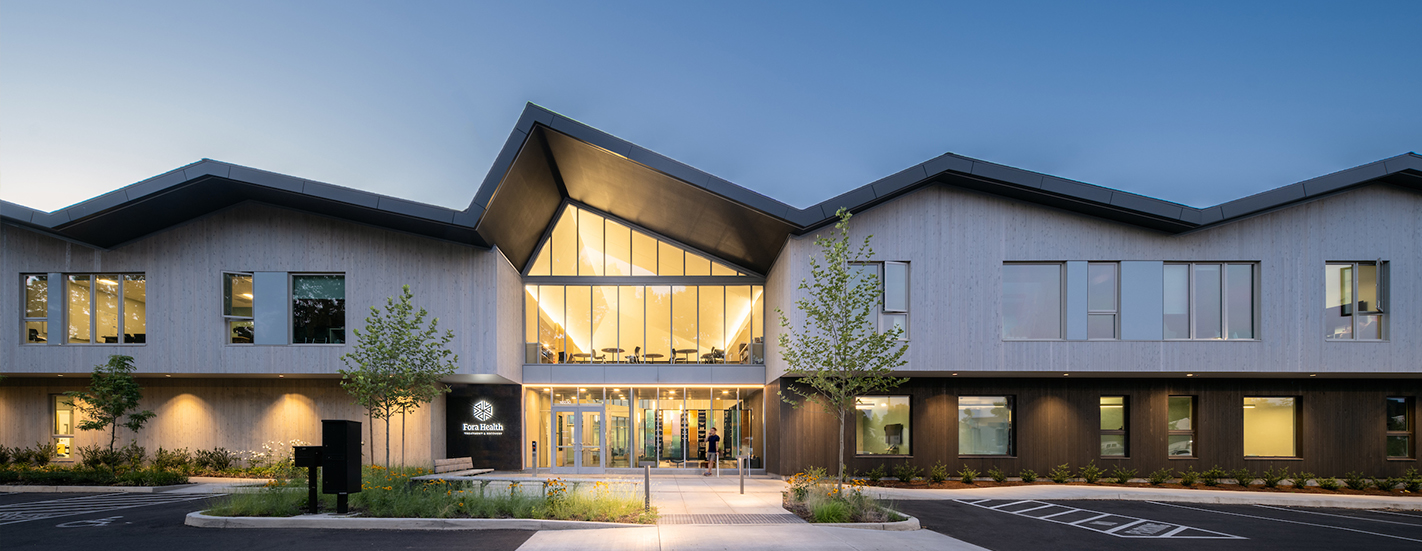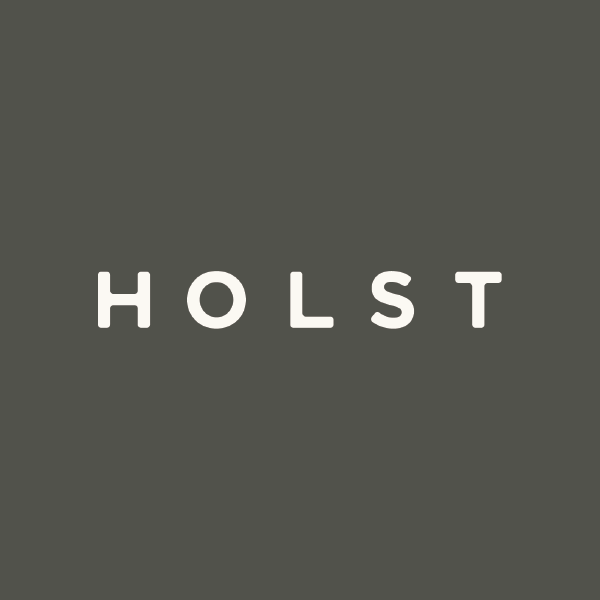

Holst Architecture, Inc.

Oregon, United States
May 2023
Architecture design & planning
Service with Minor Environmental Footprint
United States
Holst Architecture is a 53-person, award-winning, certified women-owned architecture firm based in Portland, Oregon, and led by partners Renée Strand, Kim Wilson, Dave Otte, and Kevin Valk. We work with our clients’ budgets without compromising craft, each project reflecting our pursuit of clarity, balance, and authenticity. From conception to completion, we oversee all aspects of the planning, design, and construction processes to ensure that our projects are functional, efficient, financially responsible, and a source of creative inspiration for our client, end user, and the communities in which they reside. Holst’s projects for nonprofit, education, residential, hospitality, and community organizations have been widely published and recognized with over 60 design awards in the last 10 years. In 2020, we were named the American Institute of Architects (AIA) Northwest and Pacific Region’s Firm of the Year for outstanding contributions to the profession of architecture through our commitment to excellence in design and elevating the quality of the built environment. Earlier this year, Argyle Gardens for Transition Projects, Inc. won an AIA national Housing Award. It is one of only 10 projects chosen nationally.
Overall B Impact Score
Governance 19.1
Governance evaluates a company's overall mission, engagement around its social/environmental impact, ethics, and transparency. This section also evaluates the ability of a company to protect their mission and formally consider stakeholders in decision making through their corporate structure (e.g. benefit corporation) or corporate governing documents.
What is this? A company with an Impact Business Model is intentionally designed to create a specific positive outcome for one of its stakeholders - such as workers, community, environment, or customers.
Workers 36.2
Workers evaluates a company’s contributions to its employees’ financial security, health & safety, wellness, career development, and engagement & satisfaction. In addition, this section recognizes business models designed to benefit workers, such as companies that are at least 40% owned by non-executive employees and those that have workforce development programs to support individuals with barriers to employment.
Community 20.3
Community evaluates a company’s engagement with and impact on the communities in which it operates, hires from, and sources from. Topics include diversity, equity & inclusion, economic impact, civic engagement, charitable giving, and supply chain management. In addition, this section recognizes business models that are designed to address specific community-oriented problems, such as poverty alleviation through fair trade sourcing or distribution via microenterprises, producer cooperative models, locally focused economic development, and formal charitable giving commitments.
Environment 33.7
Environment evaluates a company’s overall environmental management practices as well as its impact on the air, climate, water, land, and biodiversity. This includes the direct impact of a company’s operations and, when applicable its supply chain and distribution channels. This section also recognizes companies with environmentally innovative production processes and those that sell products or services that have a positive environmental impact. Some examples might include products and services that create renewable energy, reduce consumption or waste, conserve land or wildlife, provide less toxic alternatives to the market, or educate people about environmental problems.
What is this? A company with an Impact Business Model is intentionally designed to create a specific positive outcome for one of its stakeholders - such as workers, community, environment, or customers.
Customers 2.5
Customers evaluates a company’s stewardship of its customers through the quality of its products and services, ethical marketing, data privacy and security, and feedback channels. In addition, this section recognizes products or services that are designed to address a particular social problem for or through its customers, such as health or educational products, arts & media products, serving underserved customers/clients, and services that improve the social impact of other businesses or organizations.